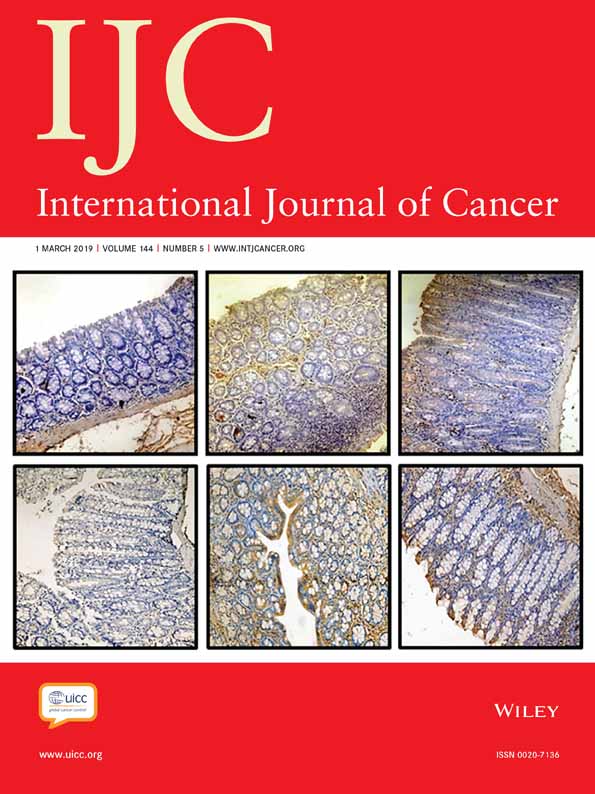CTBP1/CYP19A1/estradiol axis together with adipose tissue impacts over prostate cancer growth associated to metabolic syndrome
Abstract
Metabolic syndrome (MeS) increases prostate cancer (PCa) risk and aggressiveness. C-terminal binding protein 1 (CTBP1) is a transcriptional co-repressor of tumor suppressor genes that is activated by low NAD+/NADH ratio. Previously, our group established a MeS and PCa mice model that identified CTBP1 as a novel link associating both diseases. We found that CTBP1 controls the transcription of aromatase (CYP19A1), a key enzyme that converts androgens to estrogens. The aim of this work was to investigate the mechanism that explains CTBP1 as a link between MeS and PCa based on CYP19A1 and estrogen synthesis regulation using PCa cell lines, MeS/PCa mice and adipose co-culture systems. We found that CTBP1 and E1A binding protein p300 (EP300) bind to CYP19A1 promoter and downregulate its expression in PC3 cells. Estradiol, through estrogen receptor beta, released CTBP1 from CYP19A1 promoter triggering its transcription and modulating PCa cell proliferation. We generated NSG and C57BL/6J MeS mice by chronically feeding animals with high fat diet. In the NSG model, CTBP1 depleted PCa xenografts showed an increase in CYP19A1 expression with subsequent increment in intratumor estradiol concentrations. Additionally, in C57BL/6J mice, MeS induced hypertrophy, hyperplasia and inflammation of the white adipose tissue, which leads to a proinflammatory phenotype and increased serum estradiol concentration. Thus, MeS increased PCa growth and Ctbp1, Fabp4 and IL-6 expression levels. These results describe, for the first time, a novel CTBP1/CYP19A1/Estradiol axis that explains, in part, the mechanism for prostate tumor growth increase by MeS.
Abstract
What's new?
Metabolic syndrome (MeS) increases prostate cancer (PCa) risk and aggressiveness. Previously, the authors identified CTBP1, a transcriptional co-repressor of tumor suppressor genes, as a novel link associating both diseases. Here, they investigate the underlying mechanism based on aromatase and estrogen synthesis regulation. They found that CTBP1 and MeS modulate aromatase transcription, which elevates estrogen concentrations in prostate tumors. Additionally, MeS induces inflammation of the white adipose tissue, leading to a proinflammatory phenotype and increased serum estradiol concentrations which impact PCa growth. This study describes for the first time a novel CTBP1/CYP19A1/estradiol axis as an important link between MeS and PCa.




